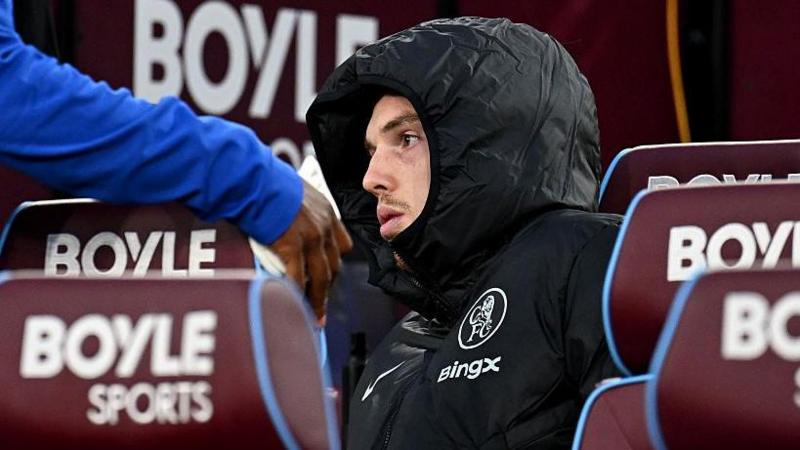Maresca Cites Overload of Games for Rising Injury Rates



The beautiful game of football never fails to encapsulate the highs and lows experienced by teams striving for excellence. A prime example this season is Chelsea Football Club, whose journey post-Club World Cup has been less than ideal. The club's manager has recently expressed concerns about his team grappling with the intense demands that followed their global triumph, precipitating a string of underwhelming performances.
Chelsea started the season on a strong note, displaying tactical finesse and cohesive team play that positioned them as formidable contenders across competitions. Their efforts were crowned with success at the Club World Cup, a tournament that saw the best clubs from each continent vie for the prestigious title. Winning such a significant trophy should have been the catalyst for further success, yet the reality has been starkly different.
The fatigue is apparent; the squad looks drained, a sentiment echoed by their manager in recent press conferences. The grueling fixture list post-Club World Cup seems to be taking its toll on the players, who have had little time to rest and recuperate. This congested schedule includes not only domestic league matches but also national and European cup commitments, each requiring a high level of physical and mental investment.
The manager pointed out that while the glory of winning at an international level brought joy and pride, it also placed an unanticipated burden on his players. The challenge has been to manage recovery while maintaining a competitive edge in high-stakes games, a balancing act that they have so far struggled with. He emphasized that his team is not looking for excuses but rather seeking solutions to navigate through this demanding period.
In response to the situation, the club's training regimen has been adjusted. More focus is being placed on recovery sessions, including physiotherapy and mental health support, to ensure players are both physically and psychologically prepared. The rotation policy is also being used strategically to give key players much-needed breaks, thereby preventing burnout and maintaining a fresh squad for every fixture.
Fans and pundits have noted the tactical shifts implemented by the manager during matches. There's been an evident emphasis on conserving energy without compromising the team's aggressive style of play. This includes less pressing from the front and relying more on counter-attacking strategies, which minimize exertion yet capitalize on the pace of the club's forwards.
The outcomes have been mixed, with some applauding the strategic pivot, and others questioning whether it might detract from the team's core strengths. Recent matches have displayed a Chelsea side that, while still robust, lacks some of the dynamism seen earlier in the season.
Looking ahead, the Chelsea squad has a critical phase of the season approaching, with key league matches and the knockout stages of the Champions League on the horizon. The manager's challenge will be to rejuvenate his squad, possibly integrating more of the youth players who are eager to make their mark. These young talents could bring fresh legs and a renewed energy to the lineup, potentially invigorating the whole team.
The situation at Chelsea serves as a reminder of the complexities involved in managing a top football club, where success in one arena can lead to unforeseen challenges in another. How the manager navigates this period could well define their season, and possibly their legacy at the club. As with all elite sports, the ability to adapt and overcome is often what separates the good teams from the great ones. Chelsea’s journey through this challenging period will be watched keenly by those who appreciate the ever-changing nature of football.